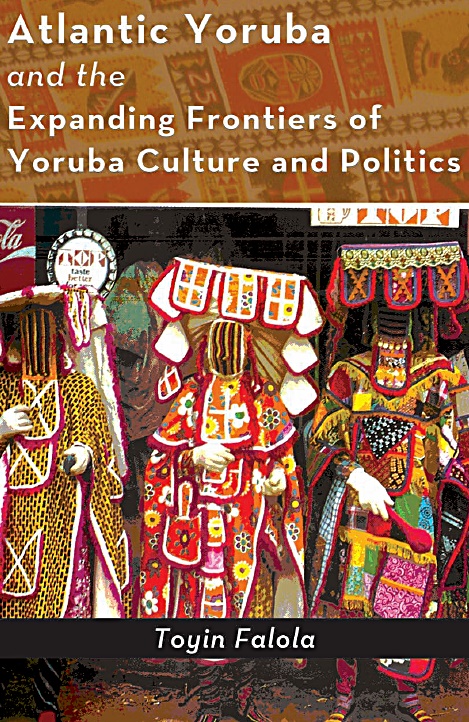

Most ebook files are in PDF format, so you can easily read them using various software such as Foxit Reader or directly on the Google Chrome browser.
Some ebook files are released by publishers in other formats such as .awz, .mobi, .epub, .fb2, etc. You may need to install specific software to read these formats on mobile/PC, such as Calibre.
Please read the tutorial at this link: https://ebookbell.com/faq
We offer FREE conversion to the popular formats you request; however, this may take some time. Therefore, right after payment, please email us, and we will try to provide the service as quickly as possible.
For some exceptional file formats or broken links (if any), please refrain from opening any disputes. Instead, email us first, and we will try to assist within a maximum of 6 hours.
EbookBell Team

4.7
66 reviews2012 J.F. Odunjo Lecture, University of Ibadan, May 7, 2012
Written in an erudite yet accessible style, this lecture begins with a moral allusion to a historical Yoruba curse as attributed to the Awole story in Johnson’s The History of the Yorubas in order to explicate the enslavement, fragmenta-tion, and marginalization of an otherwise royal people. Far from dwelling on this mortal curse, it examines the after-math of the Atlantic Yoruba dispersal, the renovation and regeneration of the ancestral Yoruba diaspora, cultural diaspora, as well as the continuities of “kingships” and kin-ships across the Atlantic World. From the discussion of history; memory; Yorubaism; resistance and nationalism; regenerative religious traditions; new Yoruba diaspora cultures and complex modernity; to Yoruba immigrants and the role of Nollywood in the appropriation and cri-tique of culture, the thesis remains cogent and consistent: an imagined Yoruba future must take cognizance of com-parativism and contrasts as Yoruba insiders and outsiders within cultures formulate and foster a dialogue of minds in order to create a lasting legacy of Yoruba humanity and progress well beyond the confines of southwestern Nigeria and even beyond such diasporic spaces as Cuba, Trinidad, Haiti, Brazil, and the United States towards a new dispensation of engaging globalization with a viable
6Yoruba culture in the theorization of universal ideals. For the most part, t